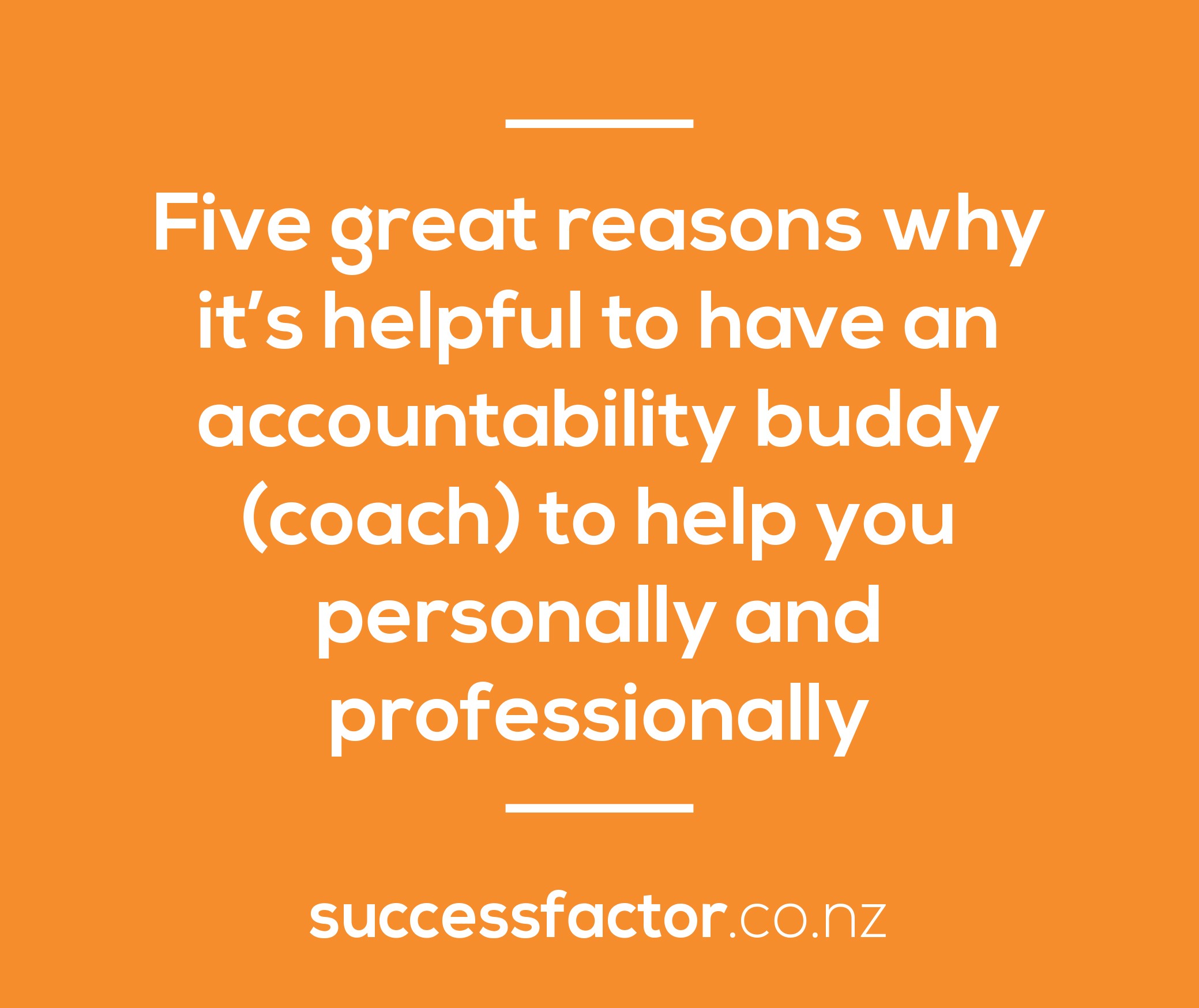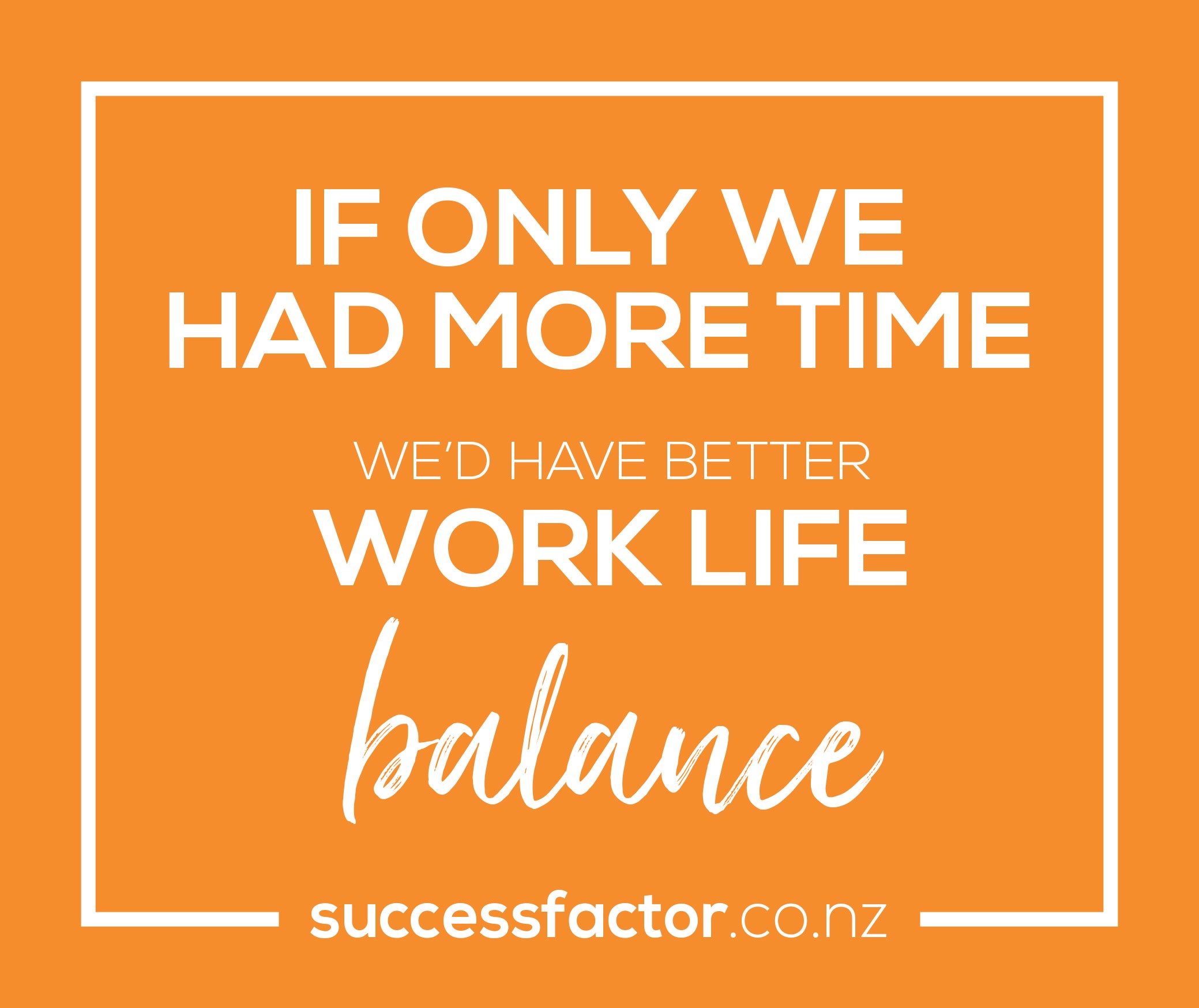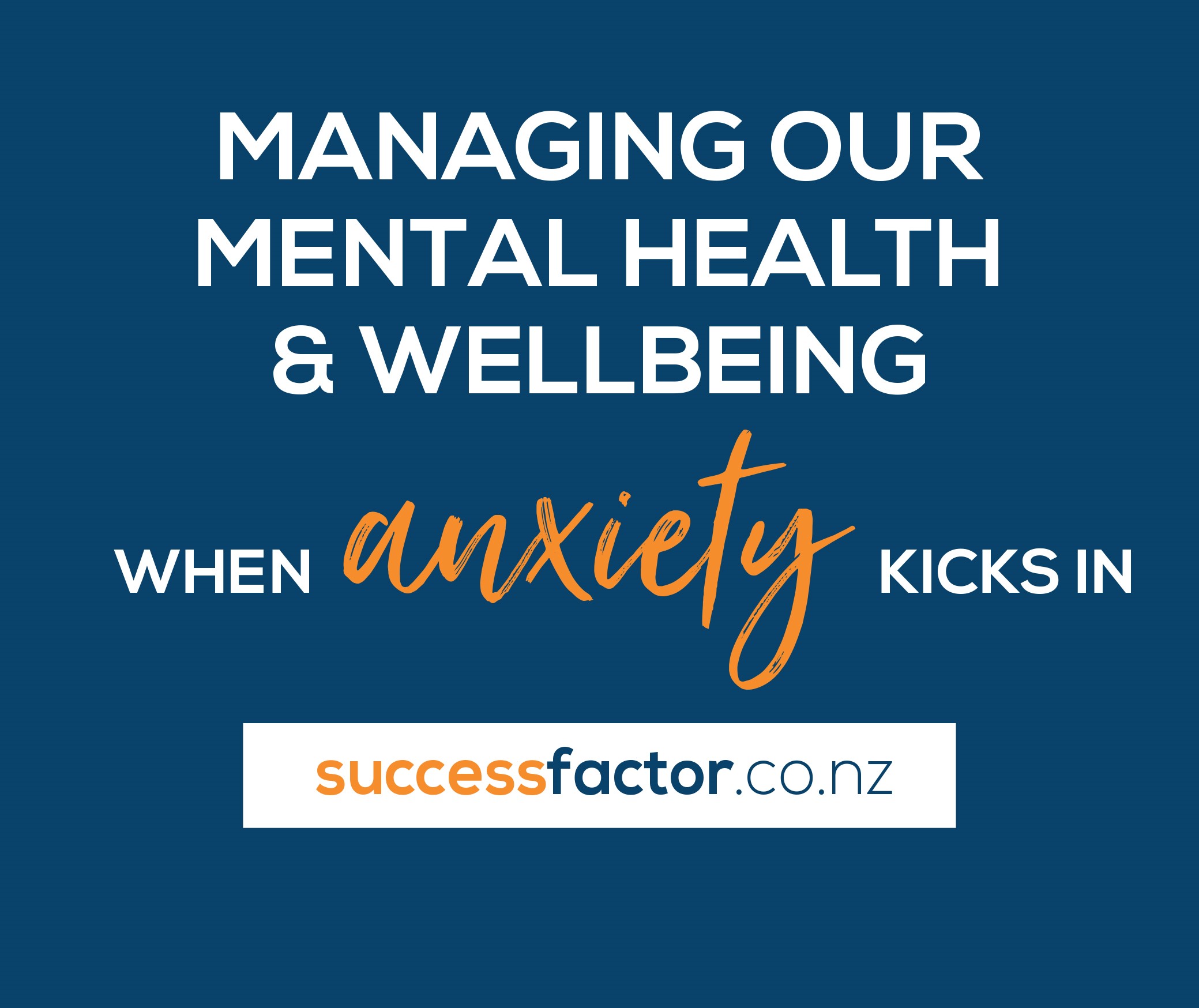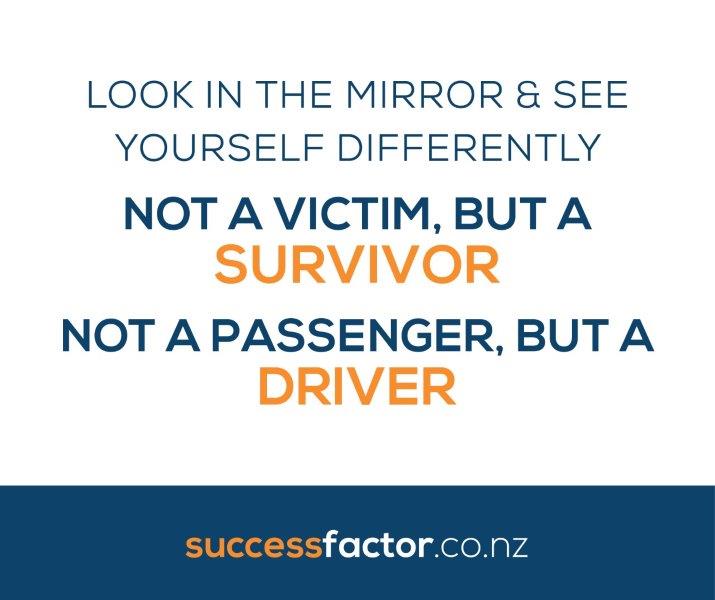How to manage what people think of you personally or professionally – six great tips!

One of the things that can drag us down can be ourselves. We are defaulted to think negatively. In cave person days this kept us safe, a lion or tiger is at the cave door, and this is not good news. However, we don’t have lions or tigers at our door, and we don’t live in caves, but our brains still treat danger in the same way. One key danger is often worrying about what others think of us and what they are saying. We play the whole conversation in our heads, and they are all bad things, never good! We do need to manage this and realise, one what our mind or brain is doing, thinking of the worst-case scenario, but also consider they might well be saying something nice. Either way they are assumptions and assumptions aren’t helpful or positive as the assumption is always negative. We instead









